
Biologicals are nature’s answer to integrated crop management systems and will continue to grow in importance across more and more crops. Projections forecast that biologicals will become a $30B industry by 2035, up from the $12B in 2022. This is not surprising, given the dynamic and fast-moving ag tech climate and the societal and regulatory pressures agriculture faces to reduce its environmental impact. Biologicals undoubtedly will play an increasingly important role in the future of agriculture, creating a growing and opportune market. The versatility of biologicals also creates possibilities for new uses, and thus more opportunities for companies to enter the market. Today, biologicals are used on anywhere between 50 and 60 percent of crops to control insects and diseases, and as stimulants*. While most growers use them in programs alongside chemical products, the volume and depth of use of biologicals is expected to significantly increase in the
next 3-5 years.
*recent Bayer market survey of 100 growers in Europe, Brazil, and the US for potato, tomato, and grapes
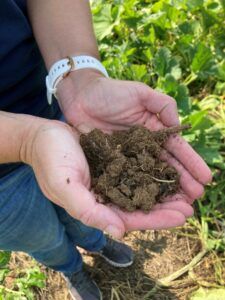
Bayer’s Systems Approach: Embracing Biologicals to Support Regenerative Agriculture
Not long ago, biologicals were only thought of as microbials in Bayer. The biologicals industry is growing rapidly in many different directions and Bayer has expanded its horizons to include new kinds of nature-derived biocontrol and biostimulant solutions like pheromone products, botanicals, plant extracts, and synthetic biology.
At Bayer, Biologicals are an important part of our commitment to encourage diversity in modern agricultural practices and enable regenerative agriculture by providing a broad range of solutions to support farmers. They offer farmers new solutions, such as bringing nitrogen-fixing microbes to corn, wheat, or rice, or options for bio-control to minimize residues in integrated pest management systems.
Growers around the world already understand the advantages of Bayer biologicals. They’ve named Bayer the #1 most trusted biologicals brand and made Bayer achieve 200 million euros in sales from more than 20 biocontrol and biostimulant products in 2022. This trust in the Bayer brand is built on proven performance from products like Flipper, Acceleron, the Serenade line, and the expanding Vynyty product family.
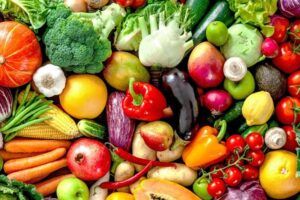
Bayer’s Trusted Biologicals Portfolio
The FLiPPER foliar pest control product continues to improve grower results in high-value fruit and vegetable crops. It’s effective against a broad spectrum of whiteflies, aphids, and mites – all reducing risk to beneficial insects. FLiPPER, which is in-licensed from AlphaBio Control, is a natural product derived from a by-product of extra virgin olive oil and is a strong demonstration of how the open innovation platform can deliver products to growers faster.
The Acceleron portfolio is the industry’s most advanced seed treatment solution and is designed to complement, protect, and enhance seeds as soon as they are planted. When growers use Acceleron Elite on their corn seed, for example, combining chemical and biological active
ingredients provides broad insect, disease, and nematode control. This combination of biological and chemistry approaches is a perfect example of how the two technologies are working together. The Serenade family of products is Bayer’s leading contributor to biologicals sales. Serenade ASO offers a unique combination of several modes of action to control foliar bacterial and fungal diseases, offering growers a way to protect their crops while reducing residues.
The new Serenade Soil Activ (or Minuet in the US) has an even higher concentration of its active ingredient that can be applied in furrow or via drip to protect the roots – and stronger roots allow plants to improve the uptake of nutrients. Serenade Soil Activ is expected to propel the Serenade brands to over 170 million euros in peak net sales in the next ten years.
Through the use of Serenade Soil Activ in crops like potatoes in Europe, growers have experienced about a ten percent gain in the harvest of premium-class potatoes, with better skin finish, improved uniformity, and a higher proportion of bigger potatoes overall.
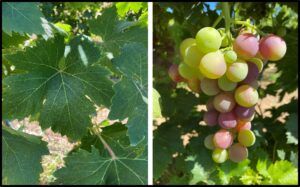
Open Innovation of Biologicals at Bayer
Biologicals are in a rapidly growing space, so fast that it is expected that the overall market for biologicals will grow at a compounded annual growth rate of around 7%, more than doubling in size to 30 billion euros by 2035.
Within that rapidly growing market, it is expected that Bayer’s sales of biological products will grow to more than 1.5 billion euros, a more than seven-fold increase versus the 200 million euros sales baseline in 2022. With Bayer’s capabilities, open innovation approach, and market reach, it is expected that Bayer will grow in biologicals sales with a CAGR of 17%, significantly outgrowing the market over the same period.
In 2020, Bayer began working to shape and grow its role as the preferred R&D development and commercial partner in the biologicals segment, tapping into the open innovation ecosystem for the short and long term. In-licensing and distribution agreements can address immediate needs to connect growers to products, and Bayer’s extensive development pipeline supports the mid-term outlook. Bayer’s strategic partnerships with Ginkgo Bioworks and Kimitec are working to deliver disruptive products that help tap into expanding accessible markets.
Bayer is positioned to build on its trusted brand, established regulatory prowess, and global commercialization capabilities to bring biological products to market more quickly. This means that partners who would only be able to impact thousands of growers alone will be able to reach millions of growers with Bayer.
An early example of the power of this approach is a citrus operation where a biologicals-based integrated pest management system allows the grower to maintain their low to no-residue operation while maximizing fruit quality and reducing loss to insects.
In this case, the open innovation approach is a pheromone product launched with partner Vynyty Citrus. Vynyty Citrus is an innovative container with an active liquid inside – that does not result in residues in harvests or the environment. It replicates the mating pheromones of the South African cotonet to attract males of the species, who are then killed by the pyrethrin built into the device.
When combined into an integrated pest management system that includes a chemistry-based crop protection component like Movento and the biological-based Citrole, citrus growers have complementary options that can be utilized precisely for the right pest pressure, and they can understand that pressure and how to optimize their response with timing and application recommendations from the CroppingView digital tool.
The open innovation approach has yielded a new distribution agreement with French company M2i Group, to supply fruit and vegetable growers around the world with pheromone-based biological crop protection products.
Through that agreement, Bayer became the exclusive distributor of select M2i products targeting lepidoptera pests in crops that include stone and pome fruits like peaches, apples, and pears, as well as two other high-value crops: tomatoes and grapes.
M2i’s products will continue to build on Bayer’s Vynyty line by adding these new biomimicry- based pest controls, reducing insect damage through innovation and integration across product portfolios.
On longer-term projects, Bayer is working closely with two strategic partners, Kimitec and Ginkgo Bioworks. These multi-year partners complement each other well. Ginkgo Bioworks is working with Bayer to bring synthetic biology to agriculture, with a focus on nitrogen fixation and next- generation crop protection. Kimitec is our partner in nature-derived crop protection and biostimulants, and a leader in biologicals research.
With these partners, Bayer will be able to develop a proprietary portfolio of next-generation biologicals.
Nitrogen-fixing technology is one of the most exciting areas being explored in partnership with Ginkgo, and it has the potential to create tremendous value. Plants need nitrogen to grow to their full potential, and while plants are surrounded by an ocean of atmospheric nitrogen, crops like corn and wheat need it ‘fixed’ into forms they can use to grow – like nitrogen fertilizer.
Synthetic nitrogen fertilizer has increased global agricultural production by the equivalent of food for over 3.5 billion people —- but fertilizing crops to feed the world in this manner has come at a high environmental cost. This process of creating synthetic nitrogen fertilizer accounts for roughly 3% of global greenhouse gas emissions. Put simply, the future of plant fertility must look different than it does today if we’re going to make agriculture more sustainable and reduce its environmental impact.
Nitrogen-fixing bacteria offer a potential path forward by reducing the need for carbon-intensive synthetic nitrogen fertilizers while maintaining global food production capacities. This is where bioengineering and biological solutions come into play. Synthetic biology is the key to unlocking nitrogen fixation at scale, and this technology presents a major upside potential.
Biologicals is a fast-growing market, and Bayer expects to outgrow it with a sales ambition of 1.5 billion euros by 2035. Bayer’s open innovation platform and existing portfolio positions the company to bring the growing promise of biological products to farmers worldwide.
Bayer can support growers with a full suite of solutions, combining seeds, traits, digital tools, and complementary crop protection. This integrated approach is the optimal use case for biologicals for growers around the globe.
When paired with breakthrough opportunities like nitrogen fixation, the future is bright for biologicals and an important component of Bayer’s vision for regenerative agriculture.


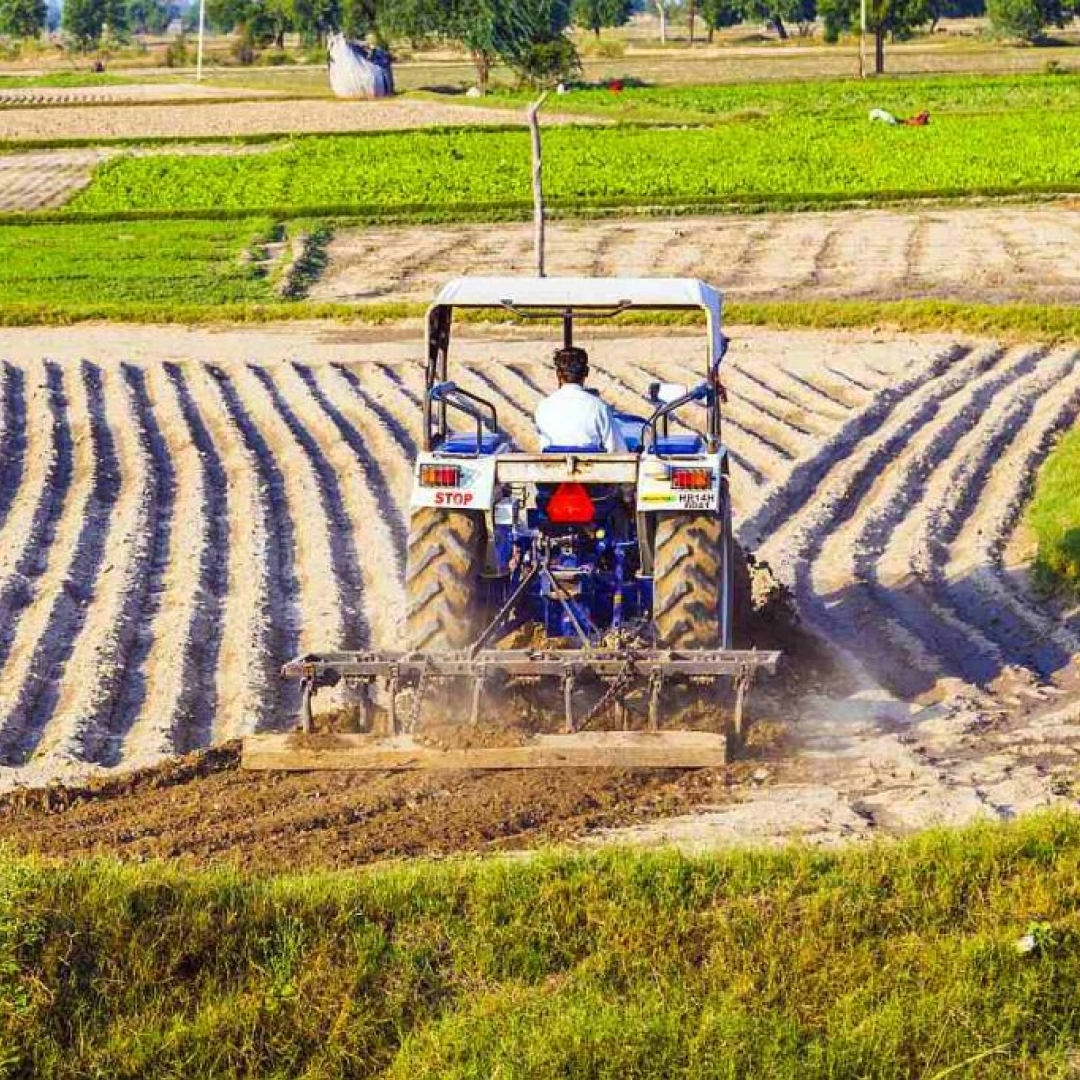
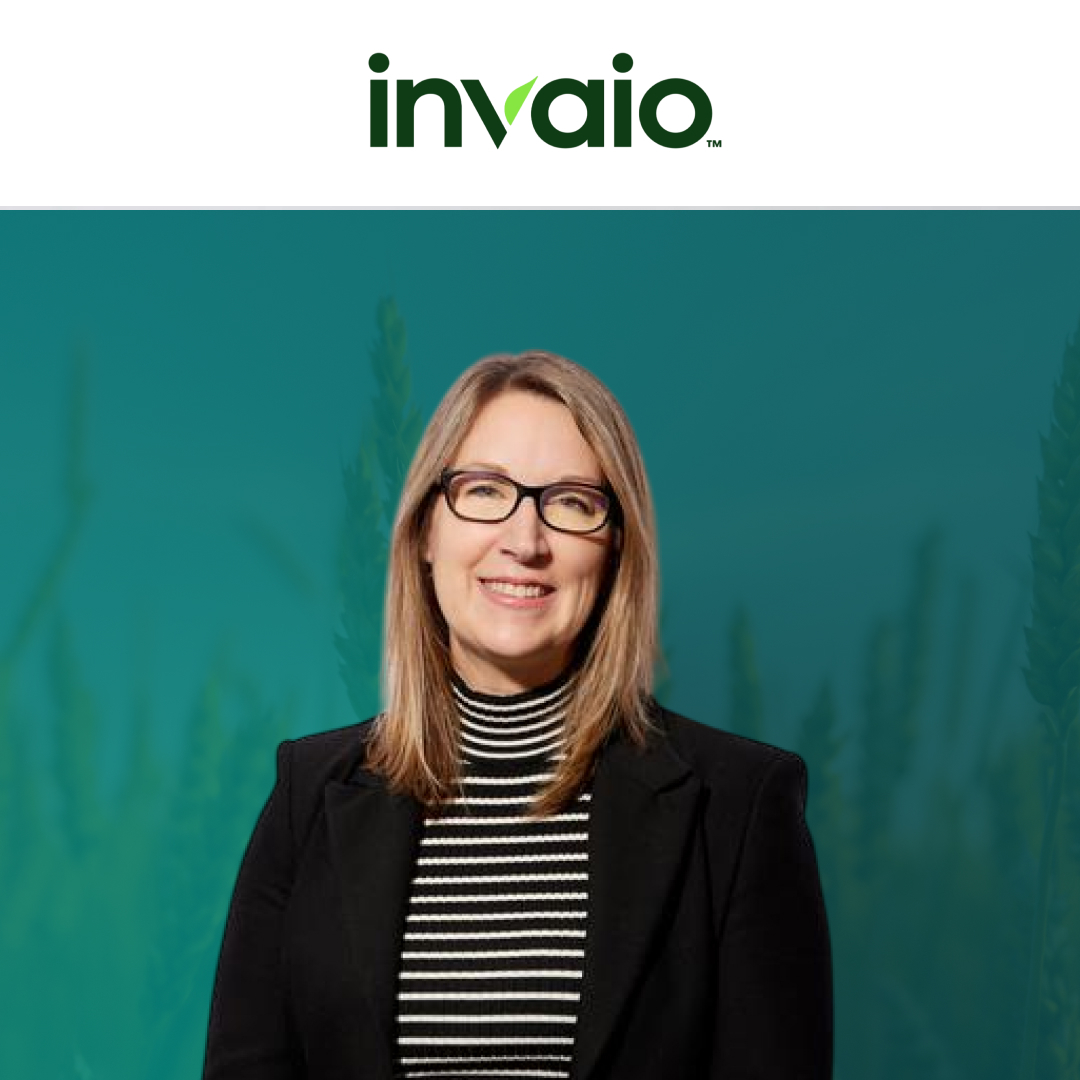
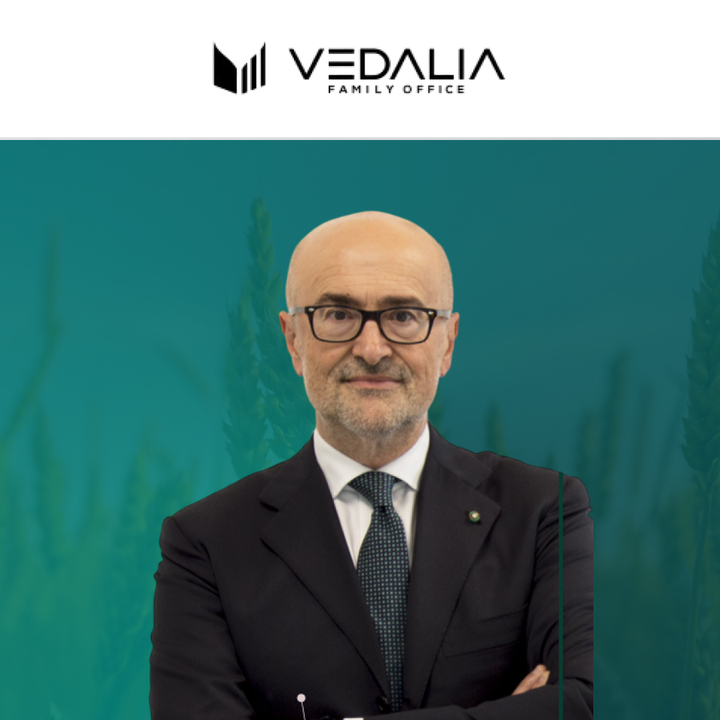

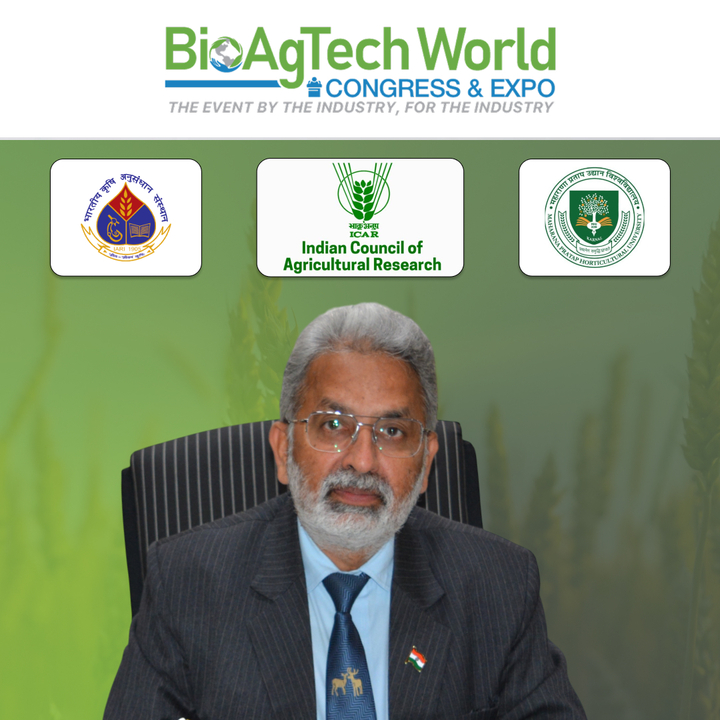
Leave a Reply